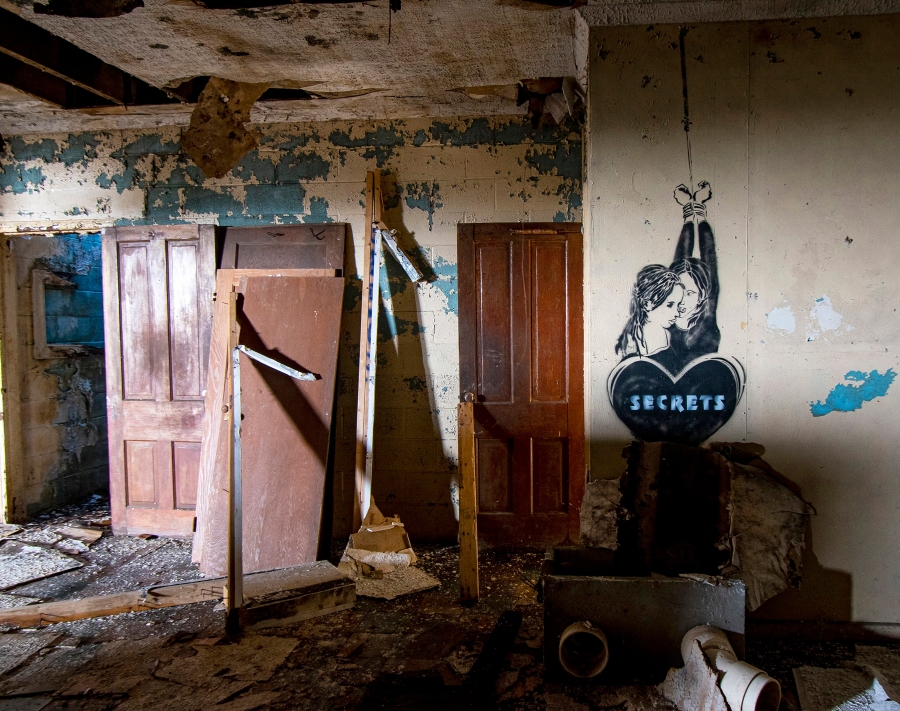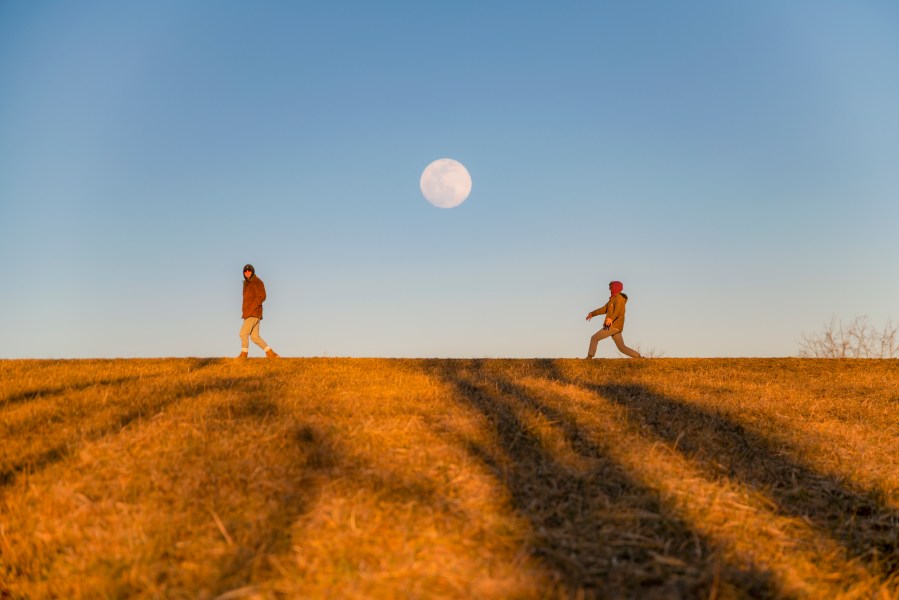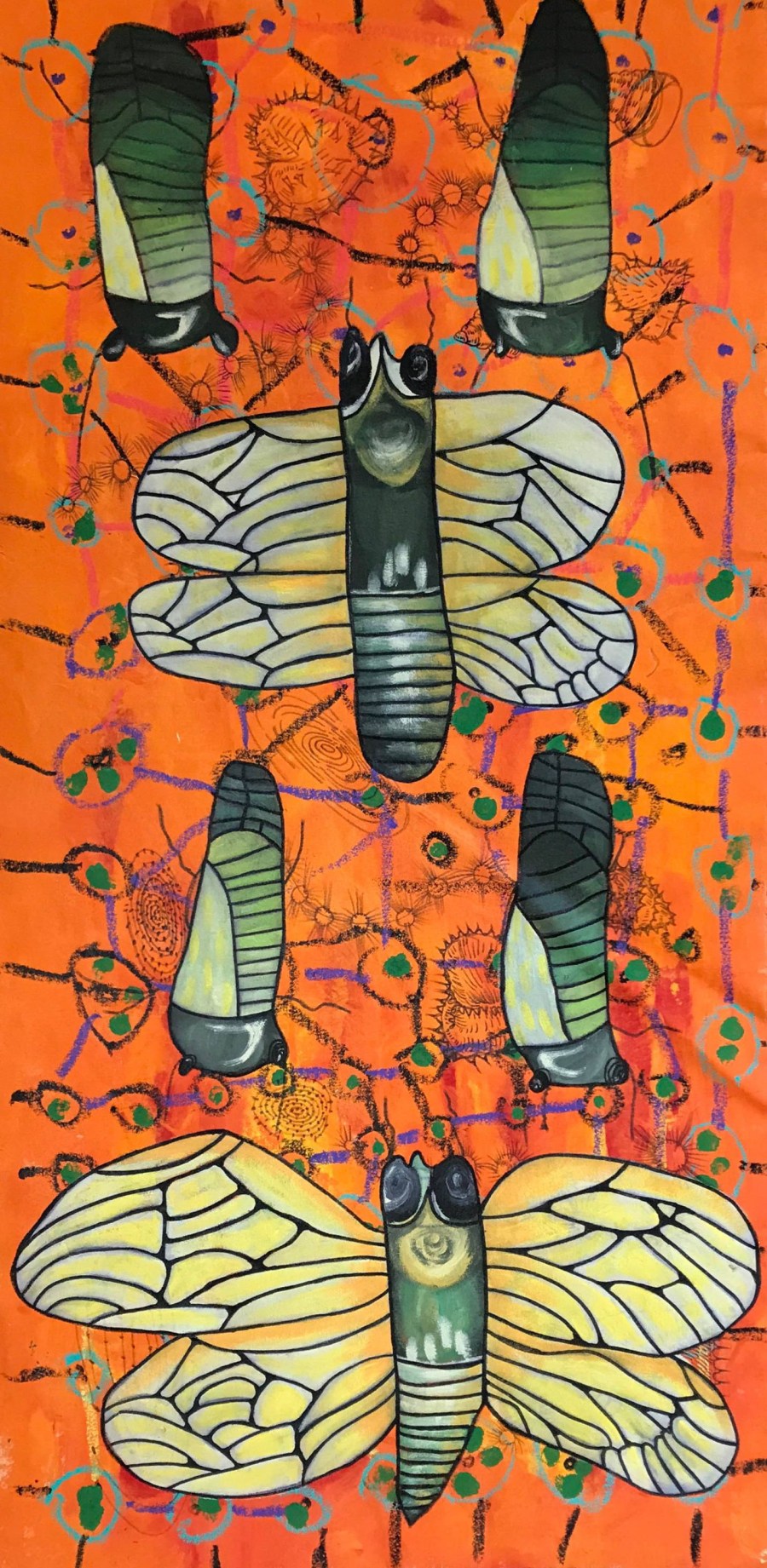The Smoker
By Johnny Cate
One kid named Ryan got so mad when he struck out
he pounded his forehead on the dugout wall until he bled—
there was a sticky red globule on the green cinder block.
His mother chain-smoked and paced every ball game,
screaming through each season from the bleachers.
By the time we were too big for Little League, her vocal cords
had corroded and only a rasp remained, like an HVAC
on the fritz. That final year, you could still hear her, stomping
in her acid-washed mom jeans, gravel cringing beneath her feet
as a toothed breeze blew through her ragged throat.
It always seemed appropriate her name was Tammy.
After every game,
we’d line up at concessions to get a soda—
in odd vogue then was a concoction that mixed all the syrups
into one super-flavor we kids affectionately called a suicide.
Once, sipping my suicide, I walked behind the stand to find
Tammy having a coughing fit against the bricks. One hand
on the wall, one in a fist in front of her mouth, she hacked and
trembled as her cig’s orange-red ember did a pissed-off glisten.
When she turned her eye to me, her pupil was constricted
to a black prick, a period of fear in its bloodshot context,
and I felt my youth being drawn out of me like a drag.
I neither moved nor broke Tammy’s gaze until she broke mine—
in the oasis of a clear breath, she looked up into the night sky.
Read More







